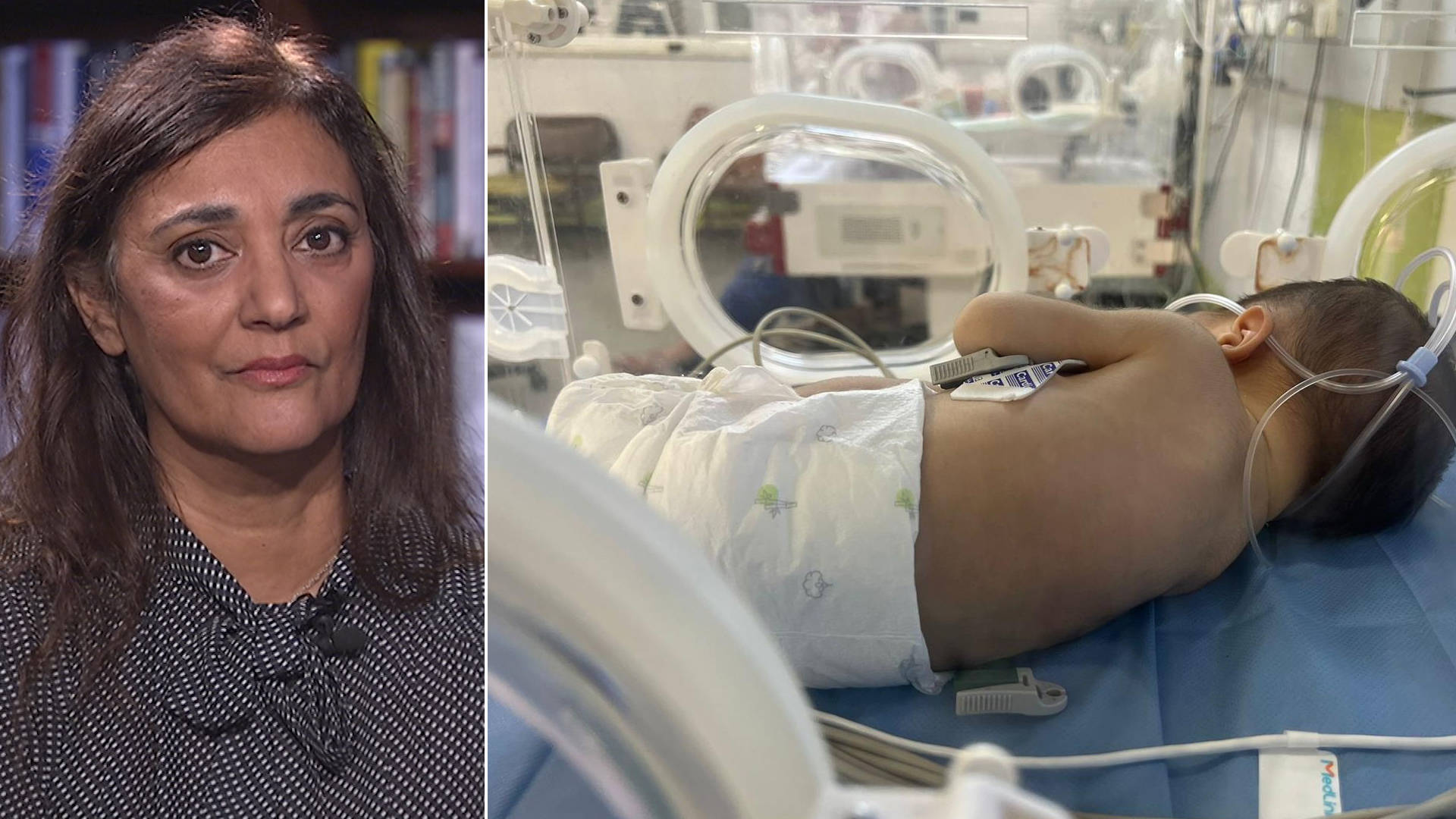The humanitarian catastrophe in the Gaza Strip continues to escalate, with a dire medical crisis unfolding in its hospitals where both patients and staff are succumbing to severe starvation. This alarming reality, reported by a United States doctor recently returned from the besieged territory, starkly contradicts official denials and highlights the devastating impact of prolonged conflict and blockade on civilian lives.
Dr. Ambereen Sleemi, a urogynecologist and executive director of the International Medical Response Foundation, offered a harrowing firsthand account of the widespread malnutrition she witnessed. While treating patients at Nasser Hospital in Khan Younis, she observed undeniable signs of hunger not only among the injured and sick but also disturbingly within the dedicated hospital staff themselves, who openly discussed their constant hunger.
Clinical evidence of this Gaza humanitarian crisis was tragically apparent in various forms. Dr. Sleemi noted a significant increase in pregnancy complications and a concerning drop in the birth weight of newborns, indicative of mothers suffering from severe nutritional deprivation. Visible signs of emaciation and a decreased ability for new mothers to breastfeed further underscored the gravity of the medical crisis gripping the region.
Beyond the immediate impact of starvation, the lack of proper sanitation and critical medical supplies further exacerbates the suffering. Reports indicated the suspension of wound care services for hundreds of patients due to depleted resources, creating an even more perilous environment for a population already deeply traumatized and struggling to heal amidst the siege.
Despite these eyewitness accounts, Israeli Prime Minister Benjamin Netanyahu has publicly asserted that “there is no starvation” in Gaza, attributing delays in aid delivery to UN agencies. This narrative claims a robust flow of humanitarian provisions awaiting distribution, suggesting the issue lies with aid organizations rather than a direct consequence of the siege.
However, Dr. Sleemi’s testimony sharply contrasts with such statements, reaffirming the pervasive nature of starvation across Gaza, directly linking it to the ongoing blockade. She emphasized that the international medical response efforts on the ground revealed a truth far removed from official declarations, with widespread hunger affecting all segments of the population, including those with pre-existing conditions and their caretakers.
The doctor also highlighted the complex and dangerous implications of reintroducing food to a severely starved population. She warned that without careful, medically supervised intervention, such efforts could paradoxically lead to fatalities, particularly for those in advanced stages of famine. The long-term effects of sustained nutritional deprivation on physical and neurological development, especially in children, present an additional layer of tragic consequence.
Ultimately, Dr. Sleemi’s profound reflection painted a bleak picture: “It was completely evident that there is no safe place in Gaza.” Her words encapsulate the unique and overwhelming danger faced by every individual within the territory, making the provision of even basic humanitarian aid an exceptionally perilous and insufficient measure against the backdrop of an unrelenting conflict.






Leave a Reply